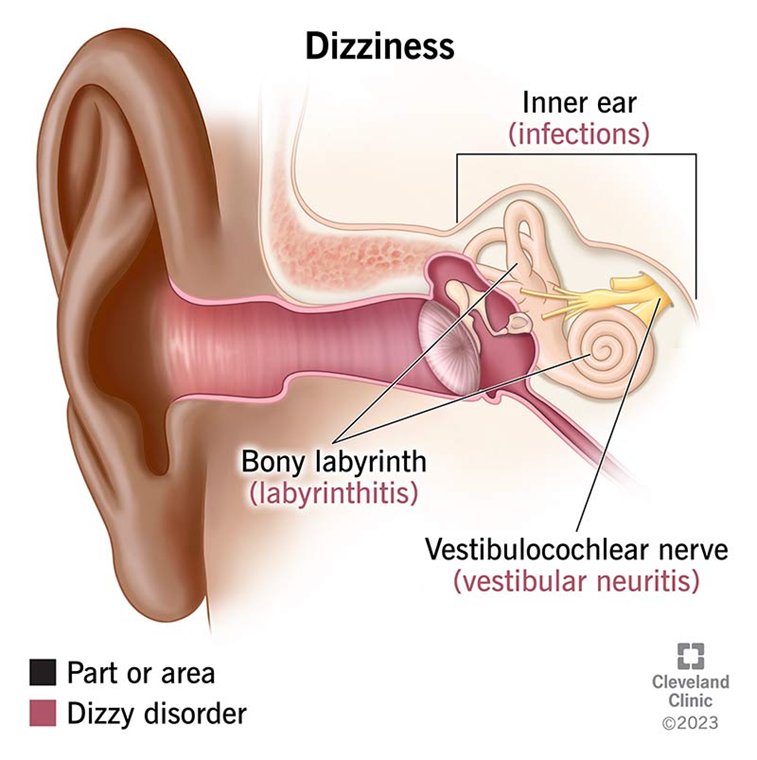A nurse is caring for a group of clients. For which of the following clients should the nurse implement seizure precautions?
A client who is experiencing stimulant withdrawal.
A client who is experiencing opioid withdrawal.
A client who is experiencing cannabis withdrawal.
A client who is experiencing alcohol withdrawal.
The Correct Answer is D
Choice A reason:
A client who is experiencing stimulant withdrawal may exhibit symptoms such as fatigue, depression, and increased appetite. While these symptoms can be distressing, they do not typically include seizures. Stimulant withdrawal does not usually necessitate seizure precautions because the risk of seizures is low.
Choice B reason:
A client who is experiencing opioid withdrawal may suffer from symptoms like anxiety, muscle aches, sweating, and nausea. Although opioid withdrawal can be very uncomfortable and distressing, it is not commonly associated with seizures. Therefore, seizure precautions are generally not required for opioid withdrawal.
Choice C reason:
A client who is experiencing cannabis withdrawal might experience irritability, sleep disturbances, and decreased appetite. Cannabis withdrawal is not typically associated with seizures, so seizure precautions are not necessary for these clients.
Choice D reason:
A client who is experiencing alcohol withdrawal is at a significant risk for seizures. Alcohol withdrawal can lead to severe complications such as delirium tremens, which includes symptoms like confusion, hallucinations, and seizures. Implementing seizure precautions for clients undergoing alcohol withdrawal is crucial to prevent injury and manage potential seizures effectively.
Nursing Test Bank
Naxlex Comprehensive Predictor Exams
Related Questions
Correct Answer is ["B","D","E"]
Explanation
Choice A reason:
Clients in mental health facilities generally have the right to refuse treatment, including prescribed medications, unless they are deemed incompetent to make decisions or pose an immediate danger to themselves or others. Forced medication is typically a last resort and requires legal and ethical considerations.
Choice B reason:
Clients have the right to the least restrictive environment necessary for their treatment. This means that they should not be subjected to more restrictive measures than are necessary for their safety and the safety of others. This principle is fundamental in mental health care to ensure that clients retain as much autonomy and freedom as possible.
Choice C reason:
Clients can withdraw consent after signing an informed consent form. Informed consent is an ongoing process, and clients have the right to change their minds about treatment at any time. This ensures that clients are always participating in their care voluntarily and with full understanding.
Choice D reason:
Clients maintain the right to an attorney. This right is crucial for protecting their legal interests, especially if they are involuntarily committed or if there are disputes about their treatment. Access to legal representation helps ensure that clients' rights are upheld.
Choice E reason:
Clients continue to have the right to privacy and confidentiality. This means that their personal and medical information must be protected and only shared with those directly involved in their care, unless the client gives permission or there is a legal requirement to disclose. Maintaining confidentiality is essential for building trust and ensuring that clients feel safe in sharing sensitive information.
Correct Answer is D
Explanation
Choice A reason:
Taking quetiapine with a meal can help reduce gastrointestinal side effects, but it does not specifically address dizziness. Dizziness is more commonly related to the medication's effect on blood pressure rather than its interaction with food.
Choice B reason:
Dizziness is not typically an indicator of an allergic reaction to quetiapine. Allergic reactions usually present with symptoms such as rash, itching, swelling, severe dizziness, and trouble breathing. Therefore, stopping the medication immediately due to dizziness alone is not warranted.
Choice C reason:
Taking quetiapine in the morning might not necessarily reduce dizziness. The timing of medication administration is usually based on the specific instructions from the healthcare provider and the patient's overall treatment plan. Dizziness is more related to the medication's pharmacological effects rather than the time of day it is taken.
Choice D reason:
Dizziness is a common adverse effect of quetiapine and is often related to orthostatic hypotension (a drop in blood pressure when standing up). This side effect is well-documented and usually occurs when starting the medication or increasing the dose. It is important for the nurse to reassure the client and provide strategies to manage this side effect, such as getting up slowly from a sitting or lying position.

Whether you are a student looking to ace your exams or a practicing nurse seeking to enhance your expertise , our nursing education contents will empower you with the confidence and competence to make a difference in the lives of patients and become a respected leader in the healthcare field.
Visit Naxlex, invest in your future and unlock endless possibilities with our unparalleled nursing education contents today
Report Wrong Answer on the Current Question
Do you disagree with the answer? If yes, what is your expected answer? Explain.
Kindly be descriptive with the issue you are facing.
